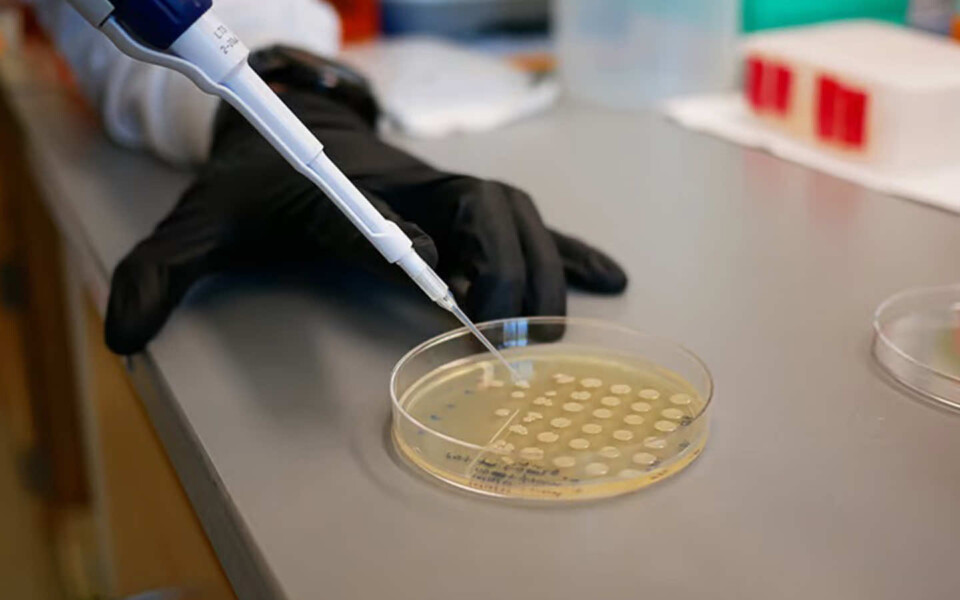Jennifer Doudna’s research institute takes CRISPR to cow burps in quest to solve climate change
Deep in the bellies of cows are tiny microbes that ferment grass and hay, breaking it down into fatty acids that serve as bovine energy—and into planet-warming methane gas. The gas eventually makes its way to the atmosphere via cow burps. The 980 million or so cows around the globe account for 14.5% of all methane emissions linked to humans.
Scientists and companies are coming up with plenty of ways to curb cow methane, from simply changing their food source to breeding “green” animals. Thanks to a $70 million grant from the TED Audacious Project, scientists from the Jennifer Doudna, Ph.D.-founded Innovative Genomics Institute hope to soon be working on another solution: editing the genomes of cows’ microbiota.
“I think the potential here is enormous,” Brad Ringeisen, Ph.D., the institute’s executive director, told Fierce Biotech Research in an interview. “This technology—if we’re able to develop it and make it work—will be coming of age at a perfect time for the world.”
The program is the largest scientific initiative the Audacious Project has funded to date, according to an April 17 announcement from the institute. At its helm are Nobel Prize-winning CRISPR/Cas 9 inventor Doudna and lauded environmental scientist Jill Banfield, Ph.D. Banfield pioneered the field of metagenomics, which uses genome sequencing techniques to comprehensively study the genetic makeup of all the organisms within an environmental sample.
But before the scientists can edit livestock microbiomes, they’ll need to figure out how to get the tools to do so inside the bacteria. While CRISPR/Cas 9 genome editing is “pretty mature,” Banfield said, it hasn’t been widely applied in microbes. That’s largely because no one has yet cracked the code on how to efficiently deliver CRISPR/Cas 9 into bacterial cells that exist within complex microbial communities, she explained, though she and Doudna recently published a proof-of-concept study in Nature Microbiology detailing a possible method.


